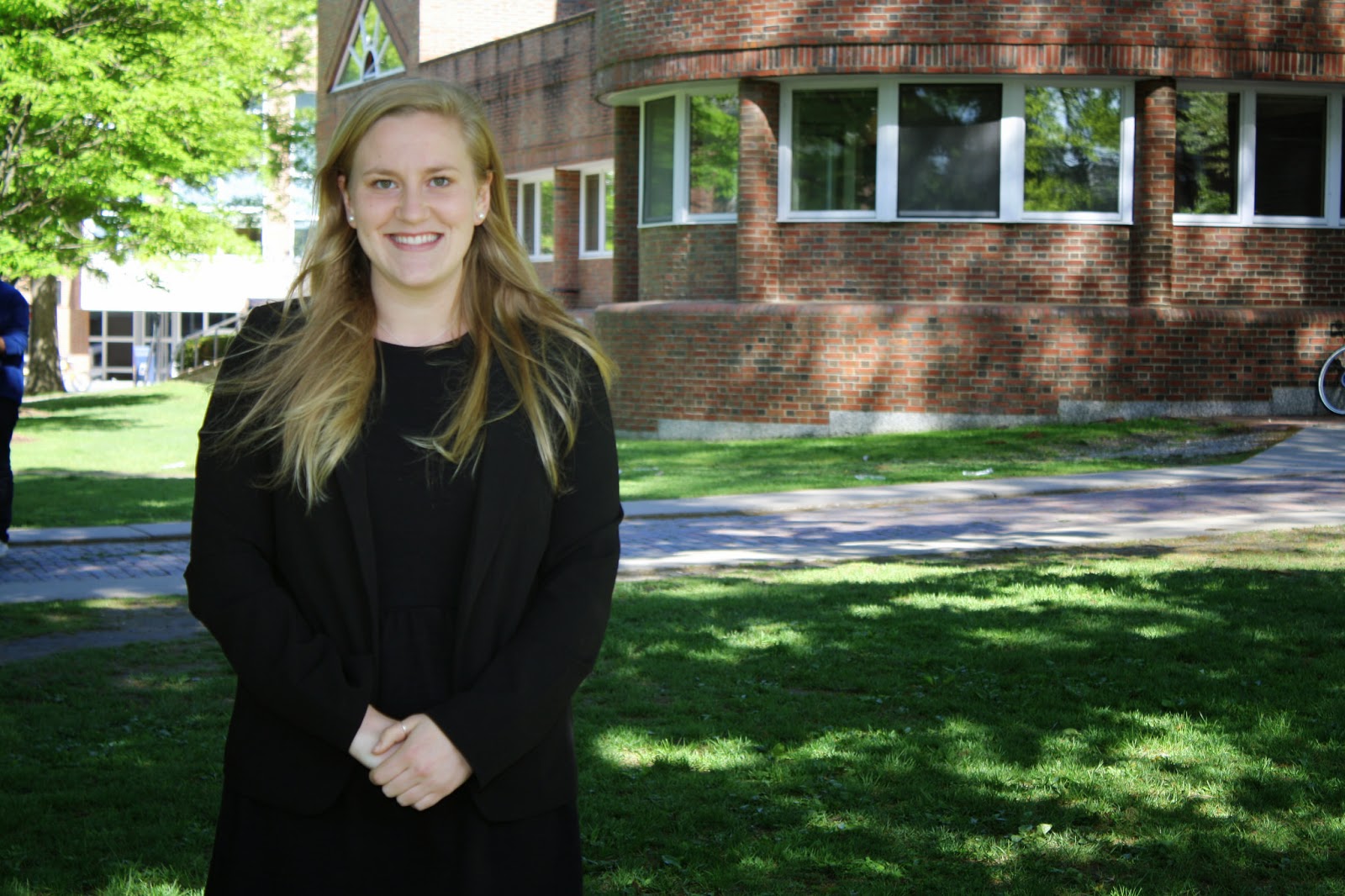Menu
- Public Policy
- Leadership
- Funding
- News & Events
- About the Center
Back to Top Nav
Back to Top Nav
Back to Top Nav
Back to Top Nav
Rockefeller Center-funded interns reflect on their experiences as part of our Notes from the Field series. The Rockefeller Center helps students find, fund, and prepare for a leave-term internship experience in public policy research, public policy analysis, issue evaluation, or activities which help shape and determine public policy.
 |
| Student Intern: Fiona Weeks '15 |
Internship Organization:
US Department of Justice, Criminal Division, Office of International Affairs – Washington, DC
How would you describe your employer in one paragraph? What’s the elevator pitch?
The Office of International Affairs (OIA) is within the Criminal Division of the US Department of Justice and provides legal assistance to local and state prosecutors, US Attorneys, the Attorney General, and other government officials on matters of international crime. The assistance ranges from coordinating and assisting in the extradition of fugitives to building relationships with counterparts in other countries in order to gather evidence in accordance with Mutual Legal Assistance Treaties (MLATs) that are in place.
What are your specific responsibilities in the organization?
I work with the attorneys and paralegals on the UK/Commonwealth team to process incoming and outgoing MLAT requests, research country-specific laws and statutes, and coordinate extraditions.
How did you feel on the first day of your internship?
I was excited to begin, and surprised by how quickly the paralegals and attorneys involved me in the work and various cases.
What is your favorite part of the internship so far?
I have really enjoyed getting to know the other people in the office, but work-wise I most enjoy reading through the cases and really getting a grasp of the story and narrative behind each case.
What challenges have you faced so far?
My co-intern started about a month before me, so for the first week or so she seemed to be getting the more interesting tasks that came up. I recognized that she was ahead of me on the learning curve, and I tried to get up to speed as quickly as possible by asking a lot of questions and double checking my own work before presenting it to my superiors so they were confident of my abilities and comfortable giving me more important tasks.
What do you hope to achieve by the end of your internship?
I hope to have a better sense of whether or not I want to pursue a career in law.
What have been some practical lessons you've learned in the day-to-day life of your internship?
Learn acronyms! In DC especially, acronyms are everywhere and it's very easy to get them confused.